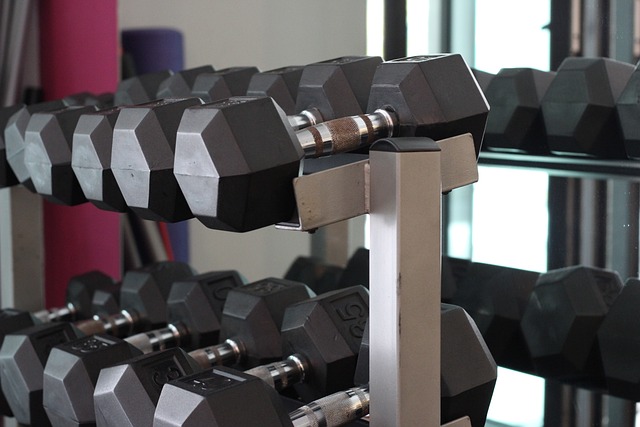 Alcohol has existed in one form or another for approximately 10,000 years. In these modern times, it is mostly associated with addiction, disease, and even death. There are studies linking alcohol consumption with an increased risk of certain types of cancer, including breast cancer. With approximately 88,000 fatalities per year, alcohol is one of the leading causes of preventable death among adults in the United States. (1)
Alcohol has existed in one form or another for approximately 10,000 years. In these modern times, it is mostly associated with addiction, disease, and even death. There are studies linking alcohol consumption with an increased risk of certain types of cancer, including breast cancer. With approximately 88,000 fatalities per year, alcohol is one of the leading causes of preventable death among adults in the United States. (1)
However, alcohol hasn’t always had the reputation for being dangerous. In fact, alcohol has had several medicinal uses over the centuries and, even today, there are recognized and well-documented health benefits to using alcohol in moderation.
The Health Benefits of Alcohol
One of the biggest benefits of moderate alcohol consumption is that it can reduce your risk of cardiovascular diseases and conditions including stroke, heart attack, and peripheral vascular disease. Some studies show a reduction of risk of up to 40 percent in both men and women, and also applies to those with a high risk for heart disease and those with a low risk.(2) Additionally, alcohol increases your HDL, or “good,†cholesterol levels, which can also reduce your risk of heart disease and other cardiovascular conditions.
Other health benefits of alcohol include improved insulin sensitivity, and can help reduce certain clotting factors, such as fibrinogen, factor VII, and von Willebrand factor, which can contribute to artery-blocking blood clots.
Getting the Health Benefits from Alcohol
As stated previously, moderation is key. The United States government defines moderate consumption as up to one drink per day for women, and two drinks per day for men. This is not an average number for the week, but the actual number of drinks per day. This means that having seven drinks in two days, and none the rest of the week, will not give you the advertised health benefits.
Serving size is also important. If you have too large of a serving, you risk consuming more than the recommended amount. The percent of alcohol by volume (abv) is also a factor because certain beverages have a much higher abv than other. For example, some craft beers could have an abv of eight percent or higher.
To get the health benefits of alcohol, the following qualifies as one serving of alcohol:
· Twelve ounces of beer, or wine cooler beverages (5 percent abv);
· Eight and a half ounces of malt liquor (7 percent abv);
· Five ounces of red, white, or rose wine (12 percent abv);
· One and a half ounces of 80 proof liquor (40 percent abv).
Mixed beverages can be tricky because they often have more than one serving of alcohol. For example a Long Island iced tea, which has several different alcohols, could easily have up to five servings of alcohol.
Your best option is to avoid mixed beverages. If you are drinking a craft beer, check the abv on the bottle and consume the number of ounces equal to the beverage closest to that abv. For example, if your beer has eight percent abv, consume eight ounces instead of twelve.
Cautions and Considerations
Despite the health benefits, alcohol has the potential for dependence and addiction. Below are some of the signs and symptoms of alcohol dependence (4):
· Needing to drink more than the recommended amount for health. Everyone occasionally overindulges, but if you find that you are continually having more than one drink per day, or having multiple drinks on certain days, that could be a sign that you have become dependent on alcohol;
· Needing to drink to achieve a specific effect. A single serving of alcohol can be relaxing and it can be tempting to rely on that effect to help you sleep at night, or cope with the effects of a stressful day. However, if you start using alcohol for these reasons, you could set yourself up for dependence or addiction.
· Prioritizing alcohol consumption. While alcohol has some health benefit, it’s not the only way to raise your HDL cholesterol, or reduce your risk of cardiovascular disease. Also, it’s not going to hurt you if you miss a day, or even a week. However, if you start to feel like you have to prioritize having your daily drink, or make special plans to fit it in, that could indicate a growing dependence on alcohol.
These are some of the initial signs of alcohol dependence. If you ignore them, it could lead the way to a deeper dependence on alcohol. As you become more dependent, you could lose control of your drinking and even suffer withdrawal when you don’t drink.
If you notice any of these initial signs, stop your daily alcohol consumption. If you find that you have trouble stopping, then share your concerns about your drinking with your doctor or a mental health professional.
Resources
1. Recovery Village: Alcohol Treatment
2. Harvard School of Public Health: Alcohol: Balancing Risks and Benefits
3. Centers for Disease Control: What is a Standard Drink in the United States?
4. National Council on Alcoholism and Drug Dependence, Inc.: Signs and Symptoms
Brought to you by our friend, Amanda.









